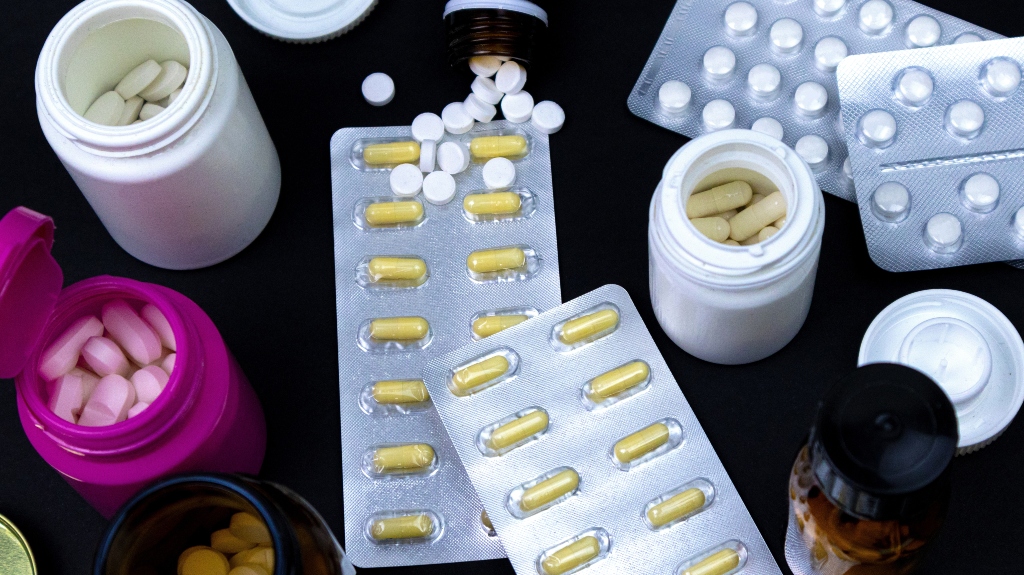Can You Get a DUI in Virginia for Prescription Drugs?
You can be charged with a Virginia DUI if you are under the influence of prescription drugs. Whether the prescription drugs are legally prescribed to you may impact your case, but it does not change the fact that you could face DUI charges. Drivers are expected to avoid driving when under the influence of drugs or alcohol in any way that inhibits their ability to drive safely.
These cases can often be confusing for those charged, especially if the intoxication was involuntary or unexpected. Our Manassas criminal defense lawyers at Battlefield Law Group PLLC defend your case at every step and help you deal with these DUI charges.
Driving Under the Influence of Prescription Drugs
Virginia Code § 18.2-266(iii) makes it a crime to be under the influence of any narcotic or self-administered drug of any nature if it impairs your ability to operate or drive a motor vehicle. This statute includes:
- Illegal drugs like heroin, cocaine, methamphetamine, and more
- Legal prescription medications taken illegally
- Medications legally prescribed to you and taken as prescribed
- Over-the-counter medications which impair your ability to drive
Prescription Medications that Commonly Cause Intoxication
There are many prescription drugs that can lead to intoxication and impairment behind the wheel. These include, but are far from limited to:
- Muscle relaxants (Flexeril or Soma)
- Barbiturates
- Opioids intended to treat substance abuse (Suboxone)
- Sleep-assistance medication (Lunesta and Ambien)
- Amphetamines
- Antidepressants
- Painkillers (Vicodin, morphine, or OxyContin)
How Does Law Enforcement Identify Drivers Under the Influence of Prescription Drugs?
Police officers will look for characteristic signs of intoxication when first identifying if a driver is under the influence of prescription drugs. They will look for symptoms such as drowsiness, nausea, blurred vision, and slower response times. Officer will conduct field sobriety tests to determine if a driver can understand directions, balance, and control their own motor skills. Field sobriety tests include:
- The one leg stand test
- The walk and turn test
- The Horizontal Gaze Nystagmus test
Law enforcement can also require you to consent to a blood test after your arrest. Under Virginia’s implied consent law, every driver consents to a blood test when there is sufficient suspicion they are under the influence of drugs, whether legal or illegal. Refusal to consent can lead to its own consequences as well as the DUI charge the driver faces.
Many of these tests may create a false positive or be conducted improperly. A skilled DUI defense attorney in Virginia knows where to look to identify weaknesses in the prosecutor’s case or mistakes made by law enforcement.
What If I Didn’t Know my Medication Would Cause Intoxication?
Some people are completely unaware that a medication may cause intoxication behind the wheel. This could happen in several circumstances, such as:
- You are on a brand new medication
- You were not warned of potential side effects
- You have taken this medication previously without experience side effects
- You were recently put on a new medication that unexpectedly reacted with your current one
If a driver truly had no reason to know or believe they would experience intoxication from their valid prescription, this may be a defense in your case. This defense is closely scrutinized, but prosecutors are often willing to negotiate when you took a valid prescription, as prescribed, and the intoxication was clearly unintentional or accidental. This is highly fact-dependent, and you should rely on your DUI attorney for help making this argument.
Prescription Drugs and Virginia DUI
Prescription drugs can lead to a Virginia DUI. The specific facts of your case may have a significant impact on the outcome, however. Let our team of highly experienced DUI lawyers analyze your situation to put together the best defense possible.
At Battlefield Law Group PLLC, our DUI/DWI attorneys defend your case and your other rights. Contact us today for a free consultation of your case.

